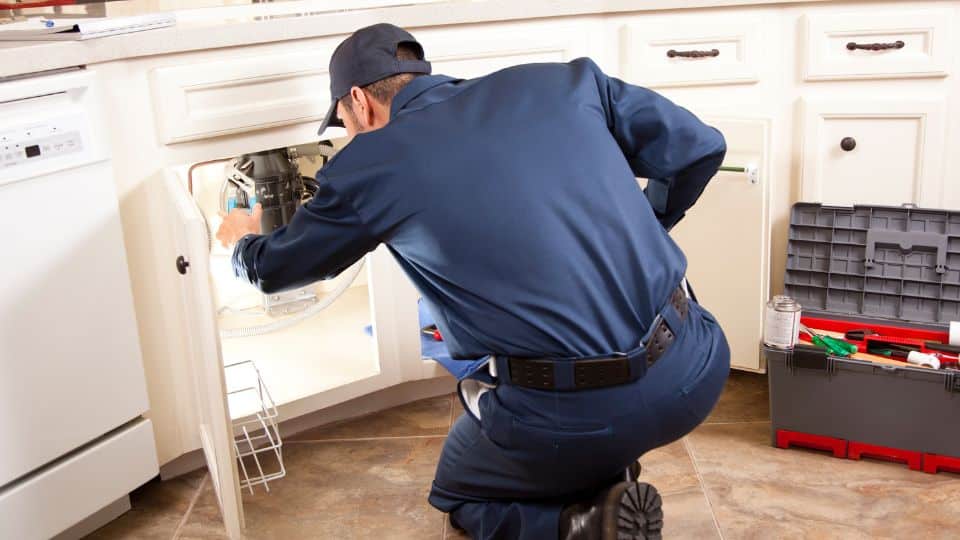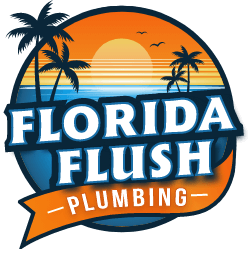
Your Top 10 Plumbing Questions in Boynton Beach
When plumbing problems strike, homeowners in Boynton Beach often have the same questions: Is this an emergency? Can I fix it myself? How much will it cost? At Florida Flush Plumbing, we get calls every day from neighbors dealing with everything from dripping faucets to sewer line backups.
In this guide, we’ll answer the 10 most common plumbing questions Boynton Beach homeowners ask—with practical advice, professional insight, and tips to help you prevent future problems.
Question 1: Why is my water pressure so low?
Low water pressure is one of the most common complaints we hear. In Boynton Beach, the causes often include:
-
Mineral buildup in pipes due to South Florida’s hard water
-
Partially closed shutoff valves
-
Leaks in the supply line
-
Issues with the municipal water system
What to do: Check if the low pressure affects all fixtures or just one. If it’s localized, the problem may be with that faucet or showerhead. If it’s throughout the home, call a plumber to inspect for leaks or blockages.
Question 2: Why does my water heater run out of hot water so quickly?
In Boynton Beach, tank water heaters typically last 8–12 years. If your unit struggles to keep up, it could be because of:
-
Sediment buildup at the bottom of the tank
-
A failing heating element
-
A tank that’s too small for your household needs
Tip: Regular flushing extends the life of your water heater. If the problem persists, consider upgrading to a tankless system for endless hot water.
Question 3: Why is my toilet constantly running?
A running toilet can waste hundreds of gallons of water per day. The usual culprits are:
-
Worn-out flapper valve
-
Malfunctioning fill valve
-
Improper float level
Quick fix: Replacing the flapper is inexpensive and solves most cases. If DIY repairs don’t work, a plumber can diagnose deeper issues like a damaged flush valve seat.
Question 4: Why do my drains smell bad?
Florida’s warm, humid climate makes smelly drains a frequent issue. Common causes include:
-
Food particles and grease buildup in kitchen drains
-
Bacteria growth in P-traps
-
Sewer line blockages
Solution: Try flushing drains with hot water and baking soda. If odors linger, schedule a professional drain cleaning to remove buildup and check the sewer line for clogs.
Question 5: How can I prevent clogged drains?
Clog prevention is all about good habits:
-
Avoid pouring grease or oil down sinks
-
Use hair catchers in showers
-
Run plenty of water when using the garbage disposal
-
Schedule periodic drain maintenance
Pro tip: Hydro jetting is an excellent long-term solution for homes with recurring clogs or older pipes.
Question 6: Why does my faucet drip even when it’s turned off?
A dripping faucet is usually caused by:
-
Worn-out washers or cartridges
-
Corrosion inside the valve seat
-
Improper installation
Why it matters: Even small drips add up to wasted water and higher bills. Replacing the internal parts often solves the issue, but if the faucet is older, replacement may be more cost-effective.
Question 7: What should I do if a pipe bursts?
Burst pipes are a serious emergency, especially in Boynton Beach where flooding can quickly cause property damage.
Steps to take immediately:
-
Shut off the main water supply.
-
Open faucets to drain water from the system.
-
Call an emergency plumber right away.
Prevention: Pipes can burst from corrosion, water pressure issues, or sudden damage. Regular plumbing inspections catch problems before they escalate.
Question 8: Why does my toilet gurgle when I flush or use the sink?
A gurgling toilet often signals a venting or sewer line issue. This happens when air can’t escape the plumbing system properly, causing water to bubble.
Possible causes:
-
Blocked vent stack on the roof
-
Partial sewer line blockage from roots or buildup
Action: A camera inspection can identify the source, and hydro jetting may be needed to restore clear flow.
Question 9: How often should I schedule plumbing maintenance?
Just like your AC system, your plumbing needs preventive care. In Boynton Beach homes, we recommend:
-
Annual water heater flushing
-
Sewer line camera inspections every 2–3 years
-
Regular checks of shutoff valves, faucets, and toilets
This proactive approach reduces emergency calls and extends the life of your plumbing system.
Question 10: When should I call a plumber instead of trying DIY fixes?
Some issues are safe to troubleshoot yourself—like replacing a toilet flapper or clearing a small sink clog. But you should always call a plumber if you notice:
-
Persistent leaks or water damage
-
Low water pressure throughout the home
-
Sewer backups or slow drains in multiple fixtures
-
A complete lack of hot water
Plumbers have the tools and experience to diagnose and repair problems before they get worse—and more expensive.
Final Thoughts
Plumbing questions are common, but the answers depend on professional knowledge and local experience. At Florida Flush Plumbing, we’ve helped Boynton Beach homeowners with everything from small leaks to major sewer line repairs.
If you have a plumbing question that isn’t on this list, our team is just a call away [phone-link] or contact us online. Whether it’s maintenance, repairs, or emergencies, we’re here to keep your home’s plumbing system running smoothly.


